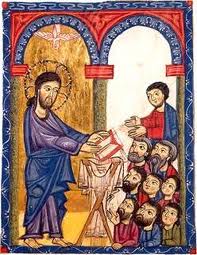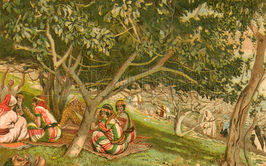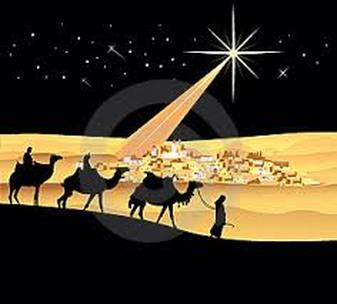
Last week the Pastor Nominating Committee of Union Church faithfully, diligently and successfully brought for a candidate to serve as Union Church’s next installed pastor. Ironically, I came across another Pastoral Search Report that didn’t go so well. Here were some of leaked comments about potential candidates from their confidential report:
- Moses: A modest and meek man, but poor communicator, even stuttering at times. Sometimes blows his stack and acts rashly. Some say he left an earlier church over a murder charge.
- Solomon: Great preacher but our manse would never hold all those wives.
- Peter: Known to have a bad temper—even has been known to curse. Aggressive, and a loose cannon.
- Paul: Powerful CEO type leader and fascinating preacher. However, short on tact, and has been known to preach all night.
- Jesus: Has had popular times, but once when his church grew to 5000 he managed to offend them all and this church dwindled down to twelve people. Seldom stays in one place very long. And, of course, he’s single.
- Judas: His references are solid. A steady plodder. Conservative. Good connections. Knows how to handle money. We’re inviting him to preach this Sunday. Possibilities here.
Yet Union has carried that history forward in new and caring ways. You have created a new life and projects in this sanctuary building. Through the mission review process this congregation has discovered a deep yearning to be rooted and engaged with the people and the issues of this community. New leaders have stepped forward. You have remained faithful to the mission offerings of the presbytery and the denomination at large, as well as our sister churches and neighboring agencies. You are ready to move on eager to move on, with a pastor whom God has sent. Well done.
It hasn’t been an easy journey, but then journeys worth their while have their ups and downs, their highs and lows. Being a small church with a heart for big mission has created some frustration. We’ve tried projects that haven’t worked. Remember name tags? We have seen the frustration of having numerous families, then see many of those families move away for job opportunities, family issues or because the rents have skyrocketed in Bay Ridge. For me, one of the saddest days was when the children sermon was no longer necessary. However, I am confident that time will come around once more. The seeds have been planted. You will grow with abundance.
Be encouraged by our readings today. In the gospel lesson we heard about Jesus ministering with great authority, willing to break the rules to heal on the sabbath. He was judged harshly by religious leadership for this. We heard how Jonah answered the call from God, even after fleeing, facing the storms, struggling in the belly of the whale. Despite his reluctance, Jonah recommitted himself to God’s mission to save Nineveh. Follow their footsteps. Don’t be afraid to struggle, to step outside the box.
Take all this as a sign of hope. The scriptures say, continue to do what you have done so well: embrace the risk. Follow the call even when you have doubts. Be willing to seek the solution from new viewing points. Claim your power to serve.
Our paths will go separate ways, but I will not forget you. I felt your love in times of growth, in spiritual plateaus, in illness and the times of great creativity we shared together. I will always love you and pray for you. You have a place in my heart that will never diminish. You have made me a better minister, and I will always, always treasure that.
Union Church: go forth with a renewed sense of call developed over these past six years. Own your power to serve. Do not be afraid to be amazing as you truly are. Claim your new authority. May the knowledge of your love, mission and teaching spread throughout Bay Ridge and wherever God leads you, giving glory to God. Amen.


 RSS Feed
RSS Feed